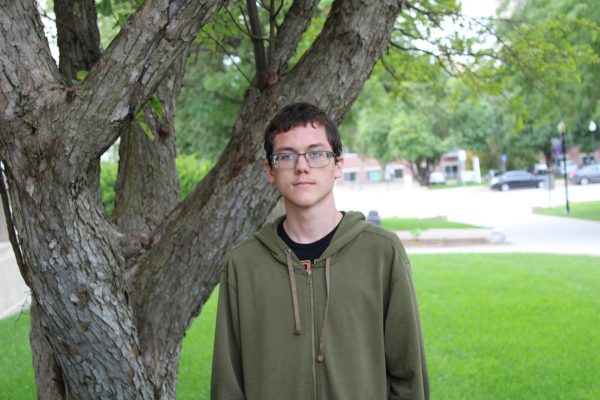What Central students really think about pathways
As of last year, Omaha Public Schools has implemented what is known as the College and Career Academies and Pathways program – originating from Benson High, in exchange for removing one period/block that could otherwise be used for electives, students now take one continuous pathway for their whole high school experience, which can allow them to try things they never would have considered. But how do the students themselves feel about this?
First, the facts.
OPS decided to switch to pathways to give their students a well-rounded education, according to Molly Mattison, dean of students at Central. “This falls in line with what we call ‘portrait of a graduate,’ where we want students to have a well-rounded education and access to rigorous college and career-centered classes,” Mattison said. She then said that every high school in OPS has switched to either a pathway system or an academy system.
According to Sheri Harrach, one of the counselors at Omaha Central, all current freshmen have received their first choice for pathways, and all sophomores have been offered the choice to switch. “I don’t feel like we have kids in a pathway that they do not like or would never have selected,” Harrach said. Reportedly, fewer than 20 students have requested a pathway change.
The pathways themselves are very diverse, falling in line with Mattison’s belief of “giving students a well-rounded education” – ranging from Instrumental Music to Global Health Science to Entertainment and Sports Marketing.
But there is another factor in this – how the students feel.
The Register interviewed Nathan Lewis, a sophomore, who chose Entertainment and Sports Marketing, about how he felt about his pathway. “I don’t really enjoy it,” Lewis said. “I wouldn’t have picked Entertainment and Marketing if I had thought about it.” He then revealed that he had already changed his pathway, changing to International Business and Finance. When asked about how hard his current pathway was, he said that he “wouldn’t say that it’s difficult, but I would say that it’s a lot of work,” which means that the pathway change was not due to difficulty or something of that ilk.
The Register also interviewed Malorie Lakin, a sophomore, about her pathway as well. She said that she has grown to love the people with whom she shares her pathway and made many new friends. “At first the pathways scared me because I thought I would be stuck with very few options from my choice, but I have thought of so many new career ideas I would like to pursue from these classes,” Lakin said.
According to Harrach, the number of people who fit into the first category are, thankfully, minimal. But for those who still do, Mattison says that to switch a pathway, one should “just need to talk to your counselor.”
Your donation will support the student journalists of Omaha Central High School. Your contribution will allow us to purchase equipment and cover our annual website hosting costs.

My name is Ethan Hughes (He/Him), this is my second (and last) year on the Register Staff. A fun fact about home is that in my free time, I like to write...













